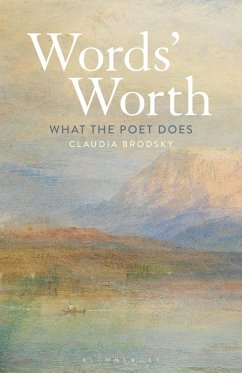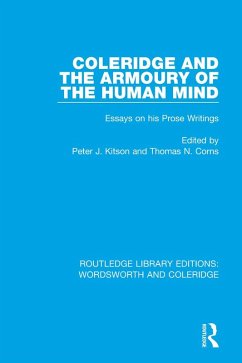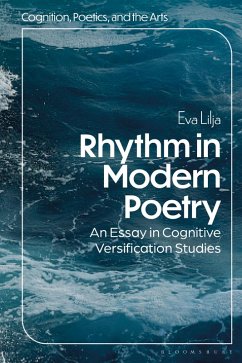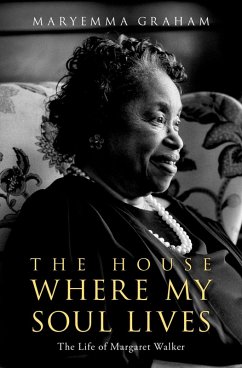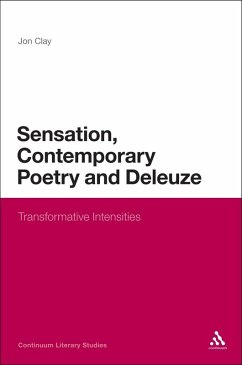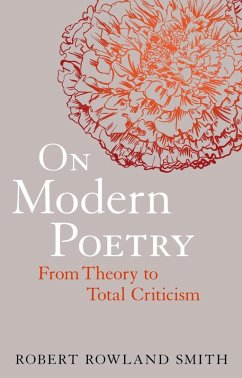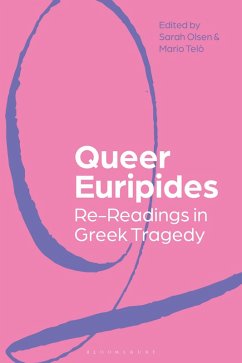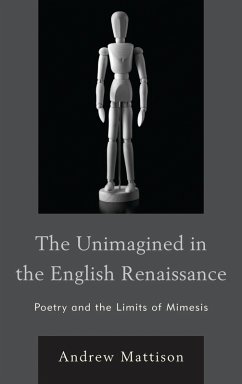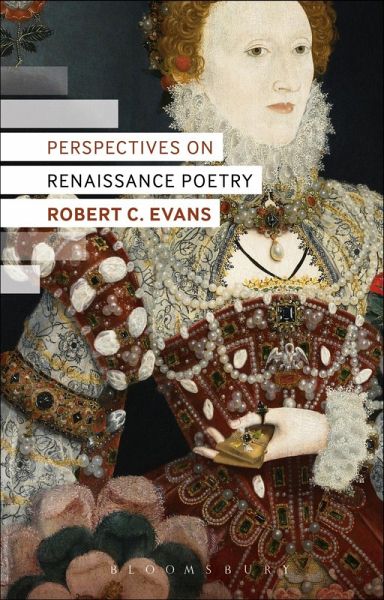
Perspectives on Renaissance Poetry (eBook, PDF)
Versandkostenfrei!
Sofort per Download lieferbar
22,95 €
inkl. MwSt.
Weitere Ausgaben:

PAYBACK Punkte
11 °P sammeln!
Introducing students to the full range of approaches to the study of Renaissance poetry that they are likely to encounter in their course of study, Perspectives on Renaissance Poetry is an authoritative and accessible guide to the verse of the Early Modern period. Each chapter covers a major figure in Early Modern poetry and explores two different poems from a full range of theoretical perspectives, including: - Classical - Formalist - Psychoanalytic - Marxist - Structuralist - Reader-response - New Historicist - Ecocritical - Multicultural Poets covered include: Thomas Wyatt, Henry Howard, Ea...
Introducing students to the full range of approaches to the study of Renaissance poetry that they are likely to encounter in their course of study, Perspectives on Renaissance Poetry is an authoritative and accessible guide to the verse of the Early Modern period. Each chapter covers a major figure in Early Modern poetry and explores two different poems from a full range of theoretical perspectives, including: - Classical - Formalist - Psychoanalytic - Marxist - Structuralist - Reader-response - New Historicist - Ecocritical - Multicultural Poets covered include: Thomas Wyatt, Henry Howard, Earl of Surrey, Anne Vaughan Lock, Sir Philip Sidney, Edmund Spenser, Christopher Marlowe, William Shakespeare, John Donne, Ben Jonson, Aemilia Lanyer, Martha Moulsworth, Lady Mary Wroth, George Herbert, Robert Herrick, Andrew Marvell, John Milton and Katherine Philips.





